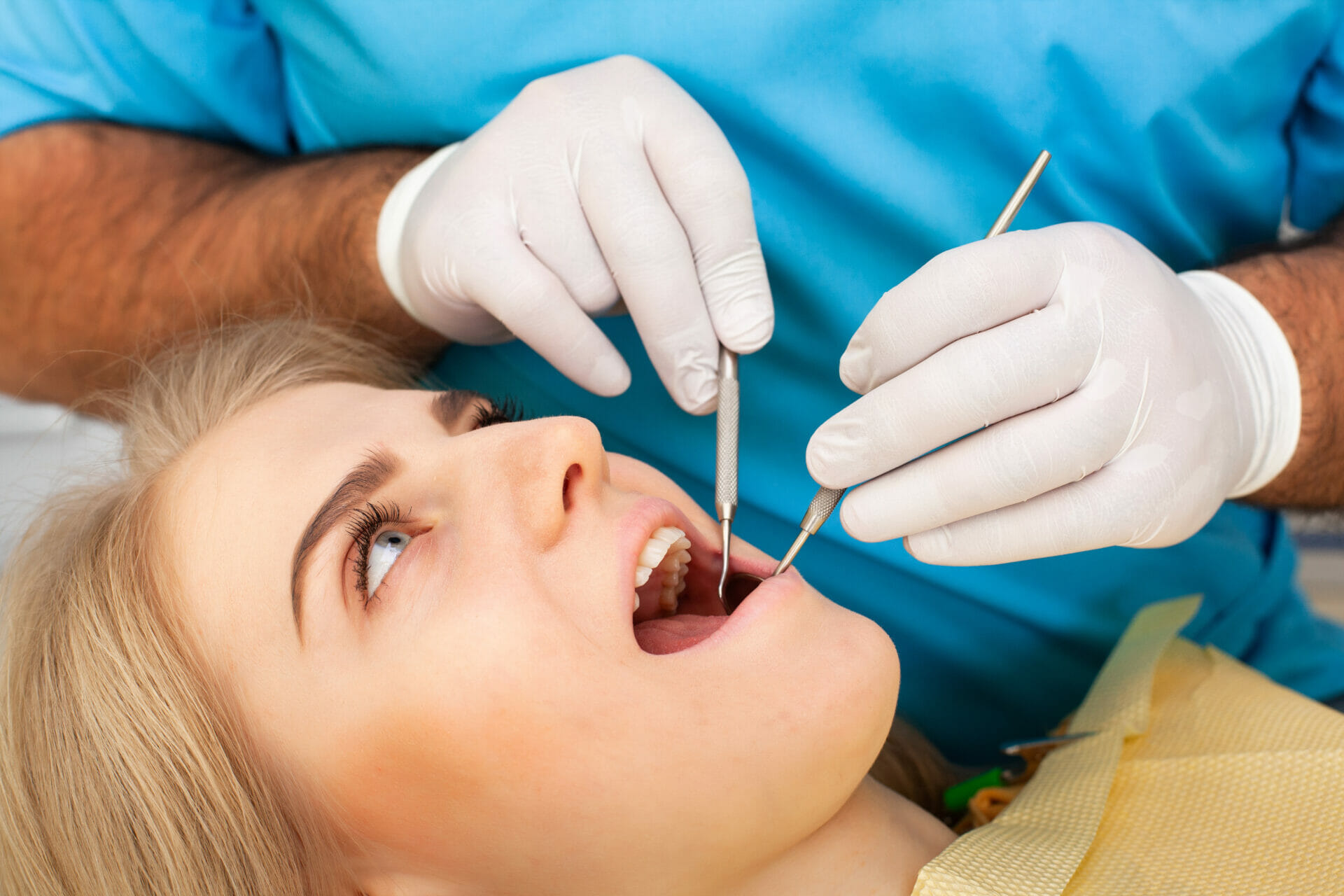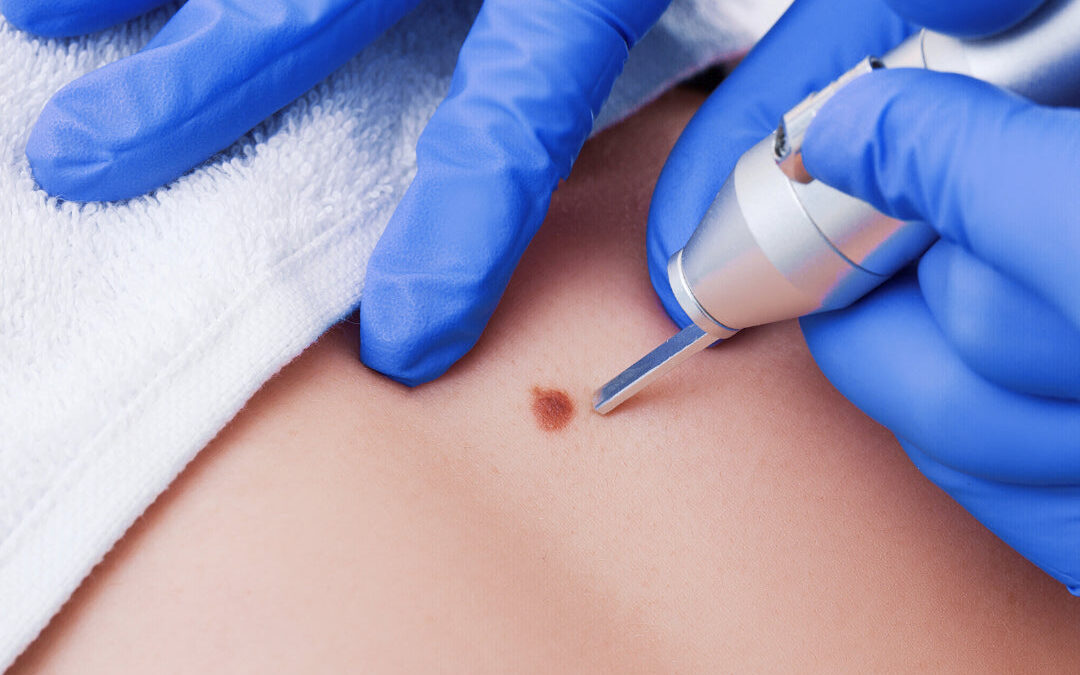Tooth extraction is a routine dental procedure, but knowing when to seek professional help afterward is crucial to avoid complications. While some discomfort and minor bleeding are normal, certain symptoms may signal the need for immediate attention. Residents who have undergone Tooth Removal In Dubai can benefit from understanding the signs that indicate it’s time to contact their dentist. Prompt action ensures proper healing and prevents more serious issues such as infection or dry socket.
Persistent Bleeding:
Minor bleeding is normal immediately after an extraction, but continuous bleeding may require professional intervention:
-
Bleeding that lasts more than 12–24 hours.
-
Soaking through gauze pads without improvement.
-
Bright red, heavy bleeding that does not slow when pressure is applied.
Contacting your dentist quickly helps prevent excessive blood loss and ensures proper clot formation.
Severe Pain Not Relieved by Medication:
Discomfort is expected, but pain that escalates or persists beyond normal limits may indicate a problem:
-
Sharp, throbbing pain after the first 24–48 hours.
-
Pain that does not improve with prescribed or over-the-counter painkillers.
-
Pain accompanied by swelling or fever.
This may signal complications such as dry socket or infection, which require immediate evaluation.
Signs of Infection:
Infections can develop if bacteria enter the extraction site, and early detection is essential:
-
Swelling that worsens after the first 48 hours.
-
Redness, warmth, or pus around the extraction area.
-
Fever or chills.
-
Foul taste or odor in the mouth.
Prompt dental care can prevent the infection from spreading and ensure safe recovery.
Numbness or Tingling:
Some patients may experience temporary nerve irritation, but persistent issues need attention:
-
Numbness or tingling in the lips, tongue, or chin beyond 24 hours.
-
Difficulty controlling facial muscles.
-
Sensation changes that affect eating or speaking.
These symptoms could indicate nerve involvement, and a dentist should evaluate the site promptly.
Difficulty Opening Mouth or Swallowing:
Limited jaw movement or swallowing difficulties may signal complications:
-
Inability to fully open the mouth due to swelling or pain.
-
Difficulty swallowing or discomfort when eating liquids.
-
Tightness or stiffness in the jaw that does not improve.
A professional assessment ensures no underlying issues are affecting recovery.
Allergic Reactions or Medication Concerns:
Some patients may react to anesthesia or medications used during extraction:
-
Rash, itching, or swelling in areas beyond the mouth.
-
Shortness of breath or dizziness.
-
Severe nausea or vomiting after taking prescribed drugs.
Immediate contact with your dentist or emergency services is critical for safety.
When Follow-Up is Scheduled:
Even if no alarming symptoms occur, attending follow-up appointments is crucial:
-
Ensures proper healing of the extraction site.
-
Confirms that bone and gum tissue are recovering correctly.
-
Allows your dentist to address minor concerns before they escalate.
Regular follow-ups are part of comprehensive aftercare and reduce the risk of complications.
Final Thoughts:
Knowing when to call your dentist after a tooth extraction can prevent serious complications and ensure smooth recovery. Persistent bleeding, severe pain, signs of infection, numbness, difficulty swallowing, or allergic reactions are clear indicators to seek professional help. Patients who have undergone Tooth Removal In Dubai should follow all aftercare instructions closely and attend scheduled check-ups. By staying vigilant and proactive, you can protect your oral health and ensure a safe, comfortable healing process.







0 Comments